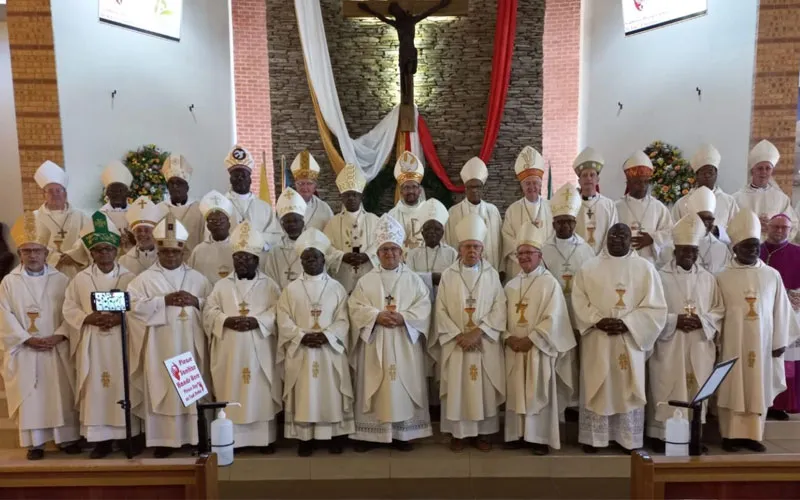They noted that the Church had grown from one that initially focused on ministering to settlers to one that has become inclusive of all the local people in its membership.
The Church, they said, had grown from one that initially depended on expatriate missionaries to one that is growing in becoming self-reliant, self-supportive, self-evangelizing, and self-ministering.
“During the time of apartheid, the SACBC was one of the prominent and recognized voices that constantly and continually advocated for change. The bishops played an important role in denouncing the ideological attitudes and practices against human dignity inherent in this system and in constantly calling for change and transformation,” the Catholic Bishops in Botswana, South Africa, and eSwatini said.
They noted that through the numerous statements issued at different times, Catholic Bishops not only condemned what was wrong, but also offered pastoral guidance to the faithful on how to respond to the social, political, and economic injustices.
The immense growth notwithstanding, the Catholic Bishops acknowledged that some areas need improvement in the Catholic Church in Southern Africa.
They underlined the need for the Catholic Laity to develop a sense of ownership of their Church, saying, “We note with some disappointment the slow march towards the ownership of the Church and its prophetic mission by the laity in general.”
They noted that the engagement of the Church with civic and political in the region had been the sole responsibility of the Church leaders while the Laity took a back seat.
“It has been the bishops who spoke and issued statements on matters of justice and economic inequality. This is also true regarding carrying out the mission of the Church, which is still largely viewed as the domain of priests and religious,” SACBC members said, and added, “The notion of a self-supporting Church remains underdeveloped among our laity.”
In their Plenary Assembly, the SACBC members highlighted the problems that the poor and vulnerable are facing in the three African countries and noted that the poor, however, are not entirely innocent in what bedevils the countries.
“We are troubled by the phenomenon of the poor failing to take responsibility and initiative within the scope and the means available to them, choosing instead to depend on and rely only on government grants,” the Bishops said, and added, “The morally right government policy of giving grants to the poor and the elderly has unfortunately engendered a culture of dependency and laziness, where people do not make use of available opportunities and do what they can to earn their living.”








